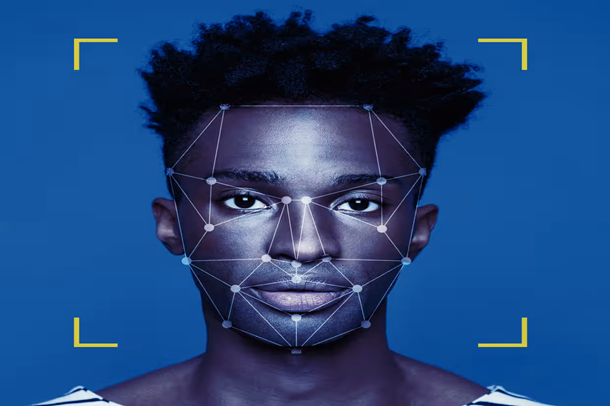Foodstuffs North Island (FSNI) controversially started a Facial Recognition Trial in their stores for what they claimed to provide more protection to their staff.
There are mountains of research and cases of innocent people of colour being falsely identified by Facial Recognition Technologies, false arrests, being identified as gorillas etc.
In April this year, the RNZ reported that a Māori woman was falsely identified in a Rotorua supermarket by the FRT and more astonishingly by the staff who were involved. In the same article I was quoted as saying ” I not surprised to see Māori singled out in the trial and believed there were other Māori who had been affected but have not yet come forward”. There were no other media reports since and no other cases that I was aware of.
This month, Consumer NZ New Zealand’s independent consumer watch dog analysed Foodstuff North Island’s numbers from the Facial Recognition Trial and found some very concerning misleading statements
The full article is at the Consumer NZ web site here.
Key points for me are:
– Foodstuff’s refused requests for data by Consumer NZ and did not answer their questions
– 1 in 175 chance of misidentification. 10 times higher than in Foodstuff’s interpretation.
– no ethnicity data was collected
– Consumer NZ is concerned that FSNI may be exaggerating facial recognition’s impact in reducing instances of assault and abuse.
– The Privacy Commissioner is now evaluating the results of FSNI’s trial of FRT.
I am sure we all agree that every person in New Zealand has the right to be safe in our communities and shopping, and if tech such as Facial Recognition Technology is effective and non discriminatory and if it does make our society safer, then that is positive. But as a member of the Indigenous community in New Zealand, these lack of transparency by Foodstuffs makes me more suspicious and concerned about the risks to consumers who are Asian, Pacific, Indian and Māori. It the trial was more transparent


Leave a Reply
You must be logged in to post a comment.